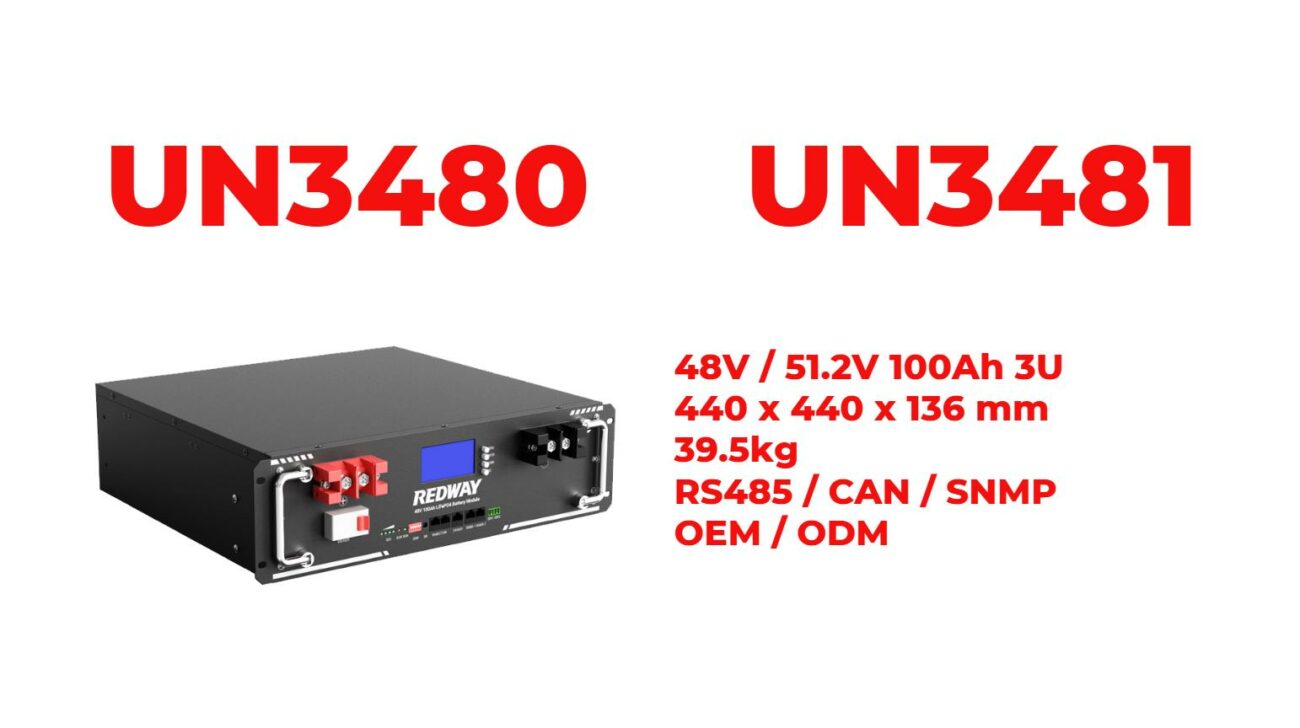What Happens When a Lithium Battery Goes on a Plane?
Air travel with lithium batteries is governed by strict regulations due to their potential fire hazards. If a lithium battery is damaged or improperly handled, it can overheat or catch fire, posing serious risks during flights. Understanding these regulations is essential for safe air travel.
How Are Lithium Batteries Regulated for Air Travel?
Lithium batteries are categorized and regulated based on their type and capacity under guidelines set by the Federal Aviation Administration (FAA) and the International Air Transport Association (IATA).
- Lithium-ion batteries: These are typically allowed in carry-on baggage if they do not exceed 100 watt-hours (Wh). For batteries between 100 Wh and 160 Wh, prior airline approval is required.
- Lithium metal batteries: These must contain less than 0.3 grams of lithium per cell to be carried in carry-on baggage; otherwise, they are prohibited.
These regulations are designed to minimize the risk of battery-related incidents during flights.Chart: Battery Capacity Limits for Air Travel
| Battery Type | Maximum Capacity | Allowed in Carry-On | Requires Airline Approval |
|---|---|---|---|
| Lithium-ion | ≤ 100 Wh | Yes | No |
| Lithium-ion | 100 Wh – 160 Wh | Yes | Yes |
| Lithium metal | < 0.3 g | Yes | No |
What Are the Safety Concerns with Lithium Batteries on Planes?
The primary safety concern with lithium batteries is thermal runaway, which can occur if a battery is damaged or experiences a short circuit. This condition can lead to overheating, smoke emission, or even fire, creating a significant risk in an aircraft’s confined space.
- Fire incidents: There have been numerous reports of fires caused by lithium batteries on planes, prompting stricter regulations.
- Venting gases: When lithium batteries vent, they can release flammable gases that complicate firefighting efforts onboard.
Chart: Incidents of Lithium Battery Fires on Aircraft (2022)
| Month | Number of Incidents |
|---|---|
| January | 6 |
| February | 5 |
| March | 7 |
| April | 8 |
| May | 9 |
| June | 10 |
| July | 12 |
| August | 6 |
| September | 4 |
| October | 5 |
| November | 8 |
| December | 6 |
What Should You Do if You Have Lithium Batteries in Your Luggage?
When traveling with lithium batteries, it is essential to follow specific guidelines to ensure safety:
- Carry-on only: Always keep spare lithium batteries in your carry-on luggage.
- Protection from damage: Use original packaging or protective cases to prevent short circuits.
- Notify airline staff: If you mistakenly packed lithium batteries in checked luggage, inform airline personnel immediately.
These precautions help mitigate risks associated with transporting lithium batteries.
How Can You Safely Carry Lithium Batteries on a Plane?
To safely transport lithium batteries by air, adhere to these guidelines:
- Check capacity limits: Know the watt-hour rating of your batteries.
- Use protective measures: Tape over terminals and place batteries in separate bags.
- Avoid checked baggage: Never pack spare lithium batteries in checked luggage; always carry them onboard.
- Turn off devices: Ensure all devices powered by lithium batteries are turned off during the flight.
By following these precautions, travelers can significantly reduce the risk of incidents related to lithium batteries.
What Recent Incidents Involve Lithium Batteries on Aircraft?
Recent reports indicate that lithium battery fires continue to pose challenges for airlines:
- In 2022 alone, there were over 74 reported incidents involving lithium battery fires aboard aircraft.
- Notable cases include issues related to popular consumer electronics like smartphones and laptops that contained faulty or recalled batteries.
As airlines adapt their policies and safety measures, awareness of these incidents remains critical for travelers.
Industrial News
In April 2023, the International Civil Aviation Organization (ICAO) revised its guidelines regarding small lithium battery-powered devices in checked baggage, allowing them to remain turned on during flights if they meet specific criteria (less than 0.3 grams of lithium or less than 2.7 Wh). This change reflects ongoing efforts to balance safety with technological advancements in portable electronics.
Expert Views
“While regulations around lithium batteries are stringent, ongoing education about their risks is essential,” states aviation safety expert Dr. Emily Carter. “Travelers must understand how to handle these devices properly to prevent incidents that could endanger lives.”
Frequently Asked Questions
- Can I pack my laptop with a lithium battery in checked luggage?
No, laptops should be carried in your carry-on baggage to prevent fire hazards. - What should I do if my battery is damaged?
Do not carry damaged batteries; dispose of them according to local hazardous waste guidelines. - Are there any exceptions for transporting larger lithium batteries?
Yes, larger lithium-ion batteries (100 Wh – 160 Wh) require prior airline approval before being carried onboard. - How can I check the watt-hour rating of my battery?
The watt-hour rating is usually printed on the battery label; if not visible, consult the manufacturer’s specifications.

